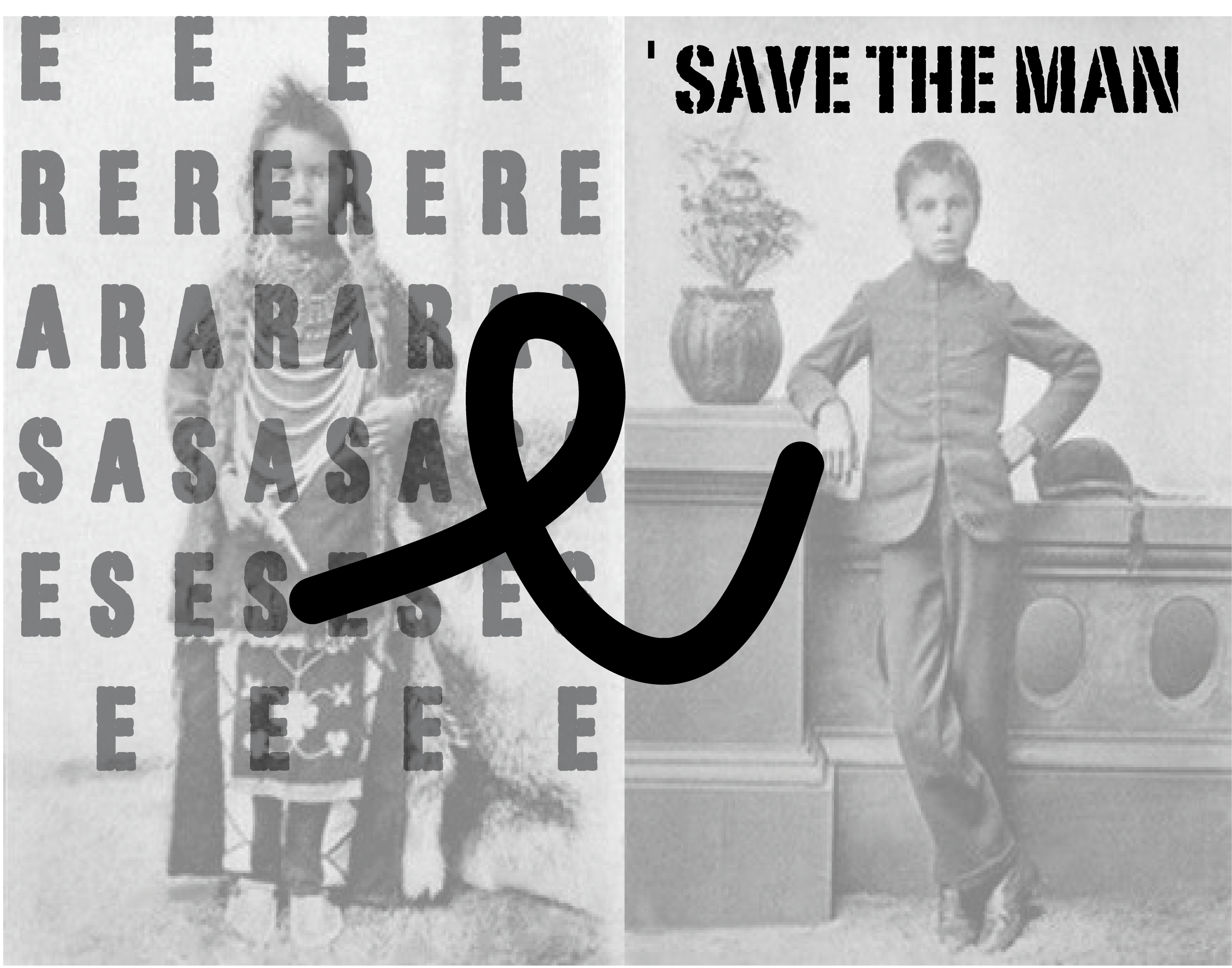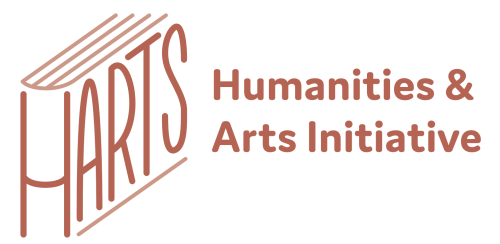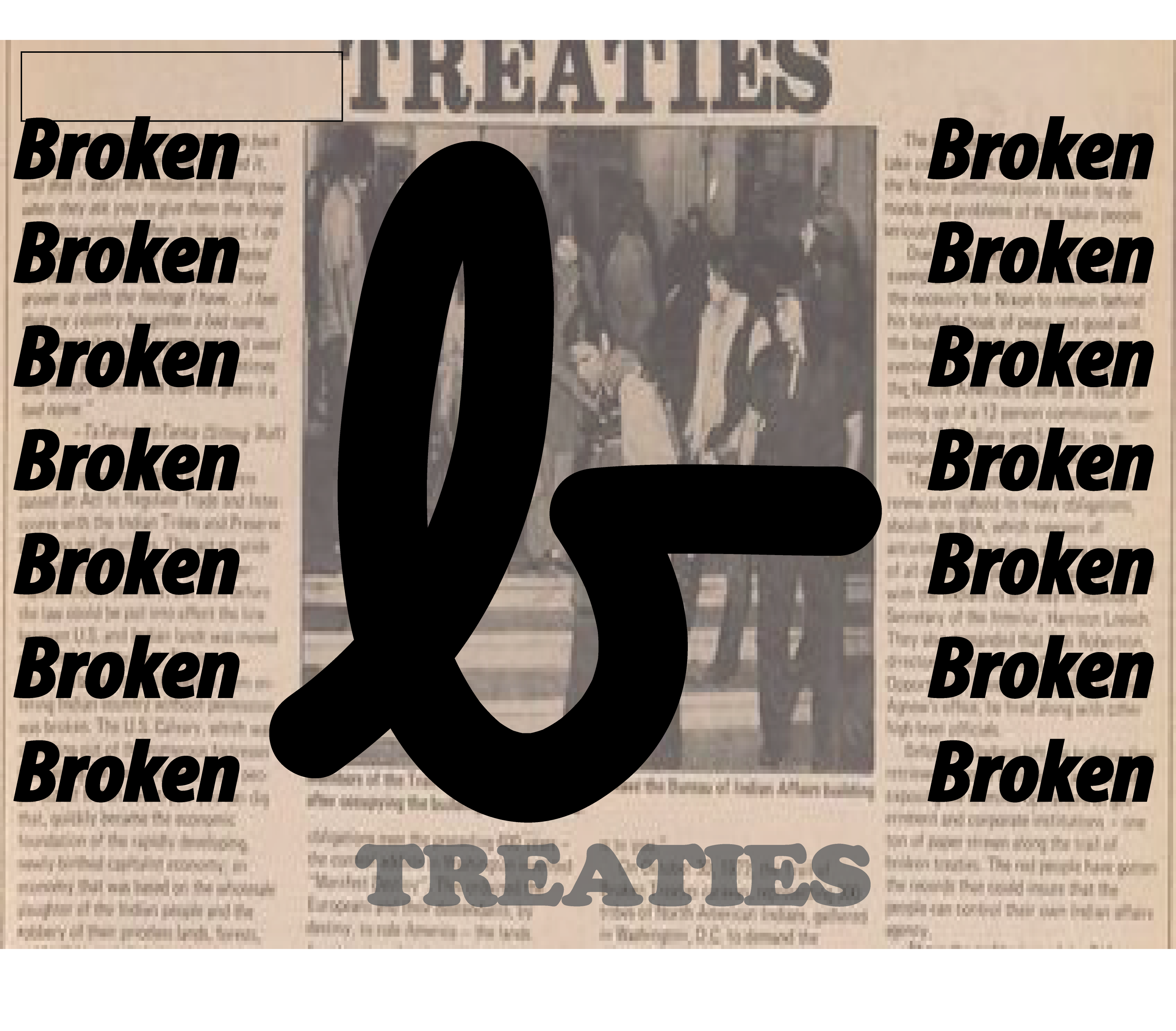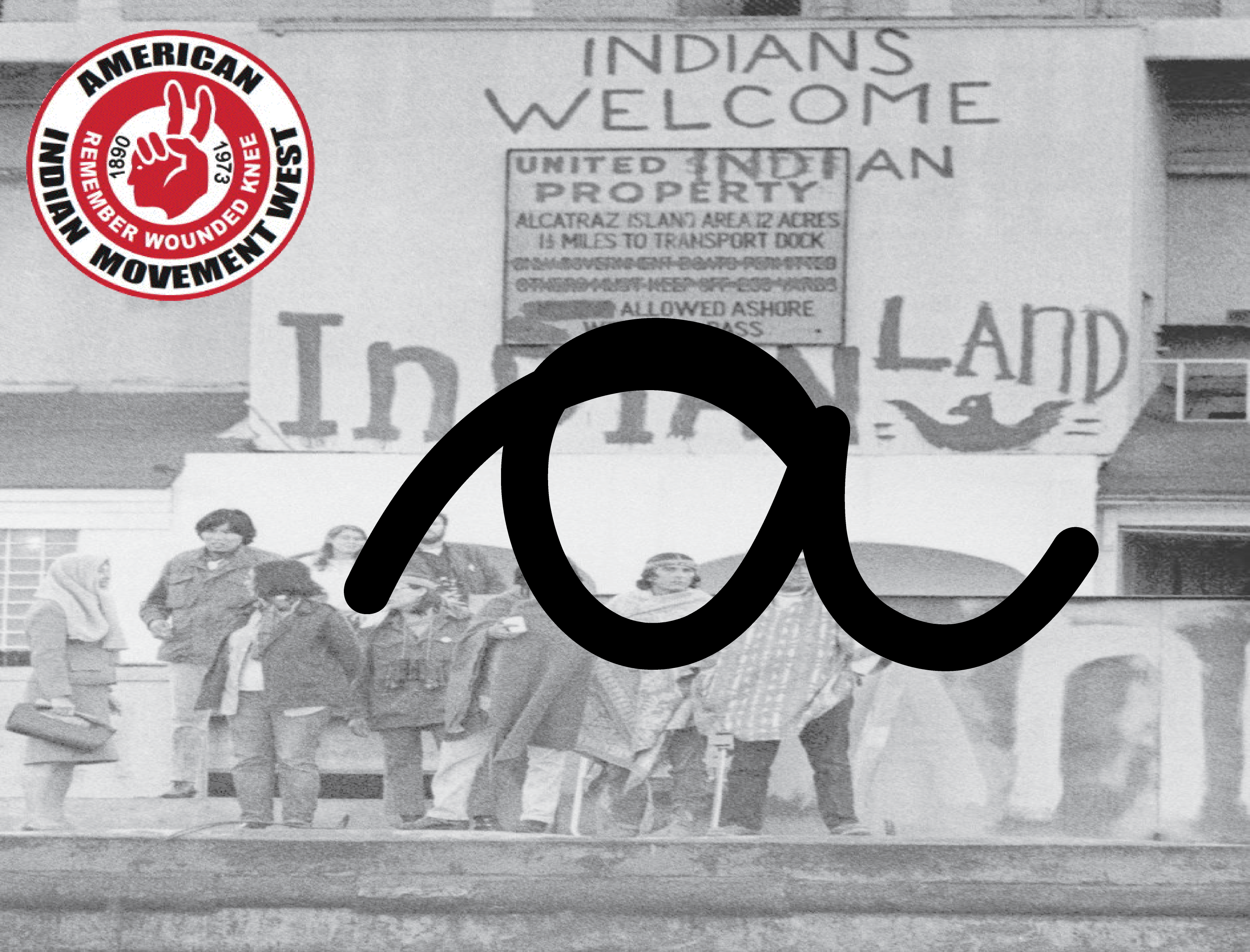This content was published: September 7, 2022. Phone numbers, email addresses, and other information may have changed.
Rochelle Kulei Nielsen | What Your White Mama Didn’t Teach You About Indians
Sylvania North View Gallery

Rochelle Kulei Nielsen, E is for Erase, digital print on a cloth flag, 2021
- Exhibition dates: November 3 – December 14, 2022
- Opening reception: Thursday, November 3, 5-7pm
with a performance by Rachael Nielsen-Castillo. - Related programming:
- Private Event: Junior League of Portland: Saturday, November 12, 10am-12 noon
- Native American Studies at PCC: Panel conversation with Dr. Blake Hausman, Michele Wilson, Julia Betts, Dra. Luz De Villarroel and Rochelle Kulei Nielsen: Wednesday, November 16, 11am-12 noon
The North View Gallery is pleased to present a new exhibition by artist Rochelle Kulei Nielsen. Nielsen’s work embraces her Native identity, honoring the craftsmanship, storytelling, and traditional materials that are integral elements of Indigenous cultures, while also influenced by the materials and context of urban settler colonialism. Her work intertwines Native craftsmanship with contemporary materials in a way that informs her understanding of her own identity in a colonized, Eurocentric world. In 2021, Nielsen was selected as the 2nd Annual Portland Community College Artist in Residence, a program founded by former PCC President Mark Mitsui. Some of the work in this exhibition was made in the context of this innovative residency program.
Read more about some of the work in this exhibition here: Rochelle Kulei Nielsen – A New Alphabet
In this exhibition, Nielsen explores the impact and legacy of schooling in the US including the many ways formal education has participated in the violence of settler colonialism. Scholar Sandy Grande argues that both Indian Boarding Schools and other forms of US public education, were integral to the goals of subjugating Indigenous peoples, contributing to the colonization of Indigenous minds and bodies. Nielsen highlights this relationship between education and colonization with works like E is for Erase which features two photographs of a young boy named Thomas Moore Keesick from the Muscowpetung Saulteaux First Nation. This photographic pair shows Keesick upon admission to the Regina Indian Industrial School in 1897, and after school leaders forced him to remove the clothing and long hair that connected him to his community. Images like this portrait pair serve as heartbreaking reminders of the history that Nielsen explains was not taught to most US citizens, by their family or by the education system. As Grande asserts, indoctrination through education was a vital component of the theft of Indigenous land, resources and labor.
Nielsen’s installation considers the many cultural practices and languages, including the artist’s own Shoshone language, that US colonizers tried unsuccessfully to erase. She further exposes the violence of public education by creating a space for viewers to reenact the experience of her mother, who after being caught speaking Shoshone in school, was forced to write “I’m not an Indian” on the chalkboard multiple times. What does it feel like to be forced to deny an important part of one’s identity, multiple times and in front of peers? What does it feel like to be told that who you are is wrong? Nielsen asks us to consider the relationship between schooling and settler violence. Why was it so important for the oppressors that Indigenous nations stop using their own languages? In what overt and covert ways does education today still uphold white heteronormative capitalist patriarchy? What happens when significant parts of US history are no longer hidden, but are openly and honestly discussed? Why did we not learn these parts of US history?
About the artist
Rochelle Kulei Nielsen is a member of the Northwestern Band of the Shoshone Nation. She has served the Native community for the past 22 years, working as the Native American Education Coordinator in the Vancouver, Evergreen, and Battleground School Districts. She also served as the coordinator of the 10th Anniversary of the Northwest Indian Storytellers Association (NISA) Festival and Workshops with the Wisdom of the Elders, Inc. She has taught at Marylhurst University and Portland State University, where she was affiliated faculty with the Indigenous Nations Studies Program, teaching a course on Indigenous Critique of Native American Art. Currently, Rochelle maintains an active studio practice and teaches in both the Art and Native American Studies programs at Portland Community College.
Resources
If you are experiencing crisis and in need of support, please see this list of crisis line and advocacy resources.
Gallery hours: Monday – Friday, 8am-4pm, Saturday by appointment
Directions: Follow signs to the bookstore and visitor parking. The Gallery is located in the Communications and Technology (CT) building, adjacent to the bookstore, on the NE corner of the Sylvania campus.
Sponsored in part by the President’s Office and the Portland Community College Artist- and Writer-in-Residency Program and HARTS (The Humanities and Arts Initiative).



